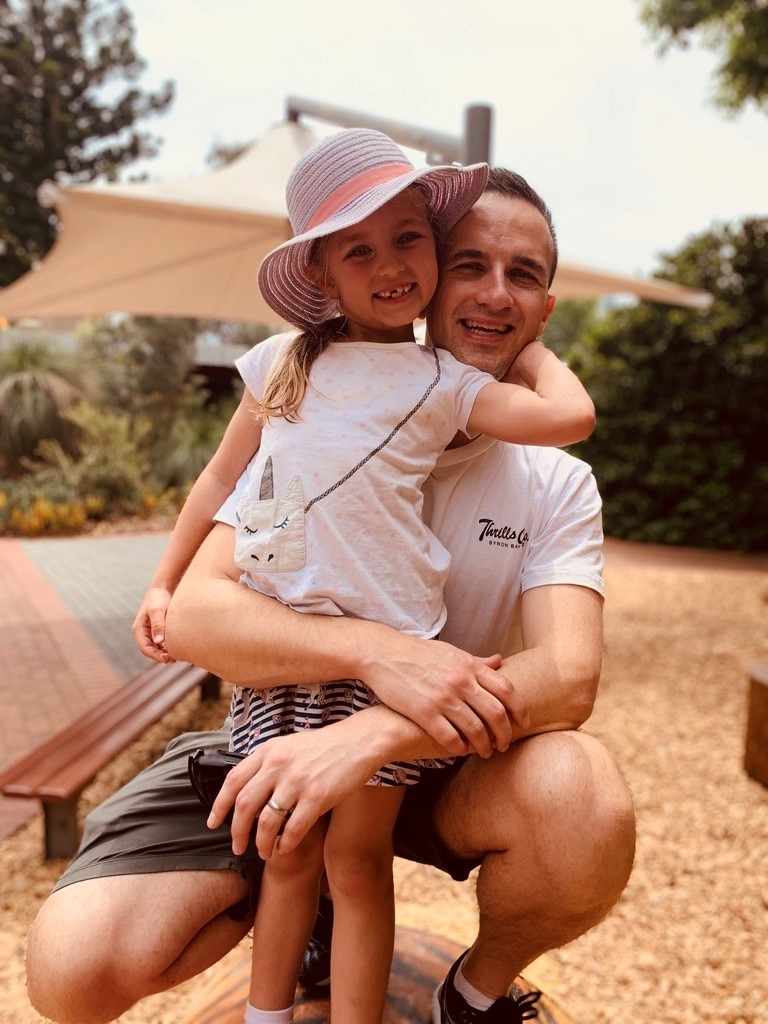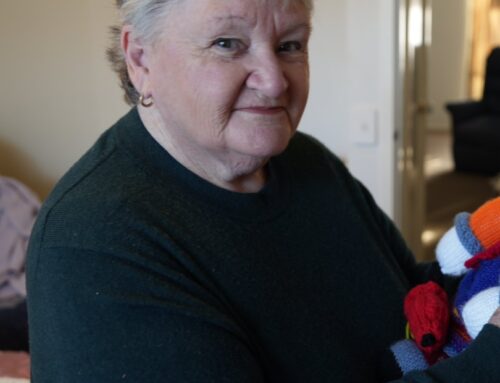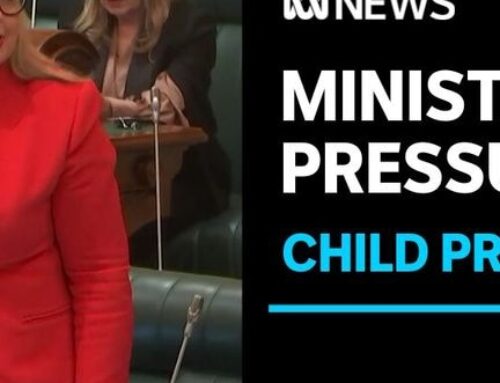It took Andrew Leech more than a decade to find relief from debilitating chronic migraine that threatened to derail his medical career.
His search for a cure took him through countless medications and painfully long waits for specialist help before eventually finding respite in the injectable migraine preventer Ajovy.
It is something he is committed to changing.
“It’s actually something I’ve never spoken about before in a public setting,” he said.
Dr Leech, along with other pain experts, believe GPs should be able to prescribe migraine medication, such as Ajovy, and that patients should not have to go through the lengthy and costly process of seeing a neurologist to access such life-changing drugs.
He is aware of the irony of a doctor taking more than a decade to be diagnosed with, and find relief from, chronic migraine.
“It was as I entered into medicine, I realised that it’s actually something that we could treat and get help for,” Dr Leech said.
“But the stumbling blocks to getting suitable treatment for migraine prevention are still way too big.”
An estimated 4.9 million Australians battle through the debilitating pain of migraine.
Barriers to help
Despite his advanced medical knowledge, finding relief was not easy. Or cheap.
Dr Leech tried every possible combination of prevention before finally settling on the injectable Ajovy, which at the time set him back around $1,000 per month.
That drug has since been added to the Pharmaceutical Benefits Scheme (PBS), but can only be prescribed by a neurologist.
Even then, a patient needs to have tried, and failed with, three different preventative medications.
Dr Leech thinks that needs to change.
“It’d be fantastic if we could prescribe injections in primary care, but that hurdle of having to go to a neurologist is time consuming and costly,” he said.
“Why isn’t this something we can use in primary care?
“We prescribe many things, and this is a very safe medication, so what’s the issue?”
Mark Morgan, chair of the expert committee for quality care at the Royal Australian College of General Practitioners (RAGCP), agrees with the need for an overhaul.
He says restrictions on who can prescribe medicine put barriers in the way of patient health.
“Restrictions on medicines that require them to be initiated by a specialist clinician such as a neurologist put barriers in the way. It is often expensive to see a specialist, there are delays waiting for appointments and sometimes long travel times,” Dr Morgan said.
“There need to be very clear reasons for any medical treatment to be restricted to specialist prescribing.
“These reasons should be about safety, and not a way to ration access to effective medications.”
A Health Department spokesperson said that while initial treatment of Ajovy required a neurologist, ongoing treatment would be provided by a GP in consultation with a neurologist.
More neurologists needed
Dr Leech reached out to the ABC after being inspired by the story of another migraine sufferer who had been on a similar journey.
He said finding someone who could prescribe relief was just one of a number of hurdles faced by migraine sufferers.
“There’s just not enough neurologists,” Dr Leech said.
“I had to wait six to 12 months [for an appointment] and, even now, getting back in to that neurologist is really hard; to get a review and follow-up.”
The Australian and New Zealand Association of Neurologists was not available for a response to Dr Leech’s case.
Dr Morgan said GPs and specialists, like neurologists, needed to work together for best patient outcomes, but also to work more efficiently.
“It’s clearly a limitation of Australia’s health system that access to specialist advice is limited,” he said.
Non-medical options available
Despite his push for more prescription power, Dr Leech is not discounting non-medical options.
He said tracking and learning about his migraine triggers had been invaluable.
Adele Stewart is the chair of the RACGP’s Pan Management group and a GP with a focus on mindfulness-based interventions to complex trauma and chronic pain.
“Medication is only one tool especially in this cohort who have failed several previous classes of preventative treatment and often have daily headaches,” Dr Stewart said.
“Pain science education is an important intervention in all patients with chronic pain.”
Overall, Dr Leech thinks migraines need an image makeover for patients and doctors alike.
“I just don’t think enough GPs are taking it seriously,” he said.
“Headaches and migraines are an important serious chronic condition that so many people suffer from, but not enough get help.”
And in a surprise to no one, his advice to migraine sufferers is pretty clear: see your GP.
“This is something I suffer from as well,” he said.
“There are good treatments out there … please come in [to a clinic] if you need it.”





